Million-Mile Diplomacy: Bharat’s Upper Edge in a Global Reset
Across continents, leaders are racking up “million-mile diplomacy” through endless summits, shuttle flights, and strategic phone calls.
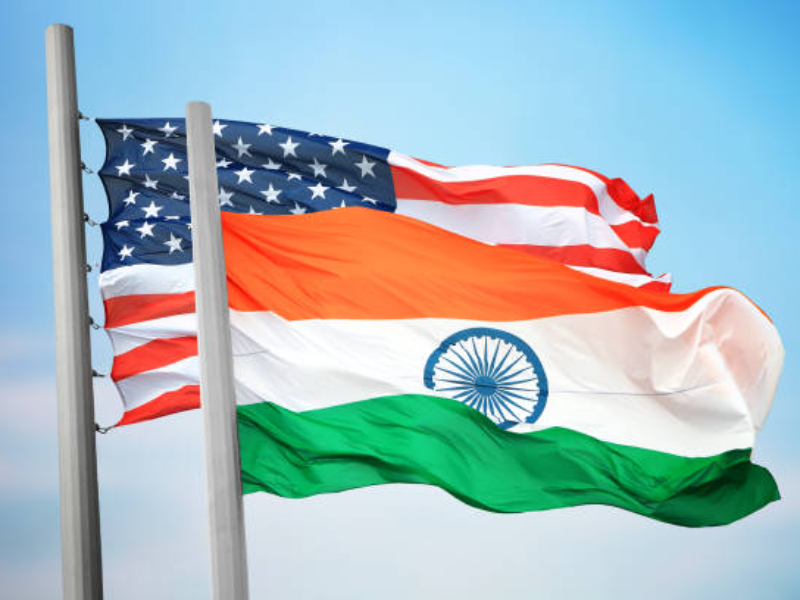 Representative Image / istock
Representative Image / istock
The world’s diplomatic chessboard has rarely looked more unsettled than it does today. On one side of the Atlantic, Washington is staging a high-stakes show of unity with the European Union and the United Kingdom. They stand together with Ukraine in its three-year-old conflict with Russia. On the other side, a far more consequential realignment is underway: China, Russia, and Bharat, with China and Bharat divided by rivalry, are converging in what is fast becoming a Troika of Opportunity.
Across continents, leaders are racking up “million-mile diplomacy” through endless summits, shuttle flights, and strategic phone calls. At the center of this unfolding drama stands the contrast between two leaders: Donald Trump, wielding tariffs and theatrics, and Narendra Modi, beginning a historic third term as Prime Minister, projecting relative calm, steadiness, and strength.
Trump’s Gamble
Trump returned to office promising to cut deals and stop wars. Instead, his arsenal consisted of tariffs globally, unilateral threats, and transactional bluster. His attempt to impose steep duties on Bharat and others was projected as a masterstroke of leverage. In reality, it alienated friends and foes alike, unsettled global markets, and invited court challenges at home.
For Europe, Trump’s definition of “fair trade” has meant “America First”—a euphemism for tariffs and coercion. Leaders in Brussels and London may clasp hands for now, but frustration is simmering beneath the surface. They know that Trump’s unpredictability makes the U.S. an unreliable partner at precisely the moment when Eurasia is consolidating power.
What was meant to project dominance is now turning into weakness. By forcing even reluctant players, like China and Bharat, into one another’s arms, Trump has accelerated the very multipolar order he rails against. Everyone watched the theatrics in the White House, how shabbily Volodymyr Zelenskyy was treated not too long ago. Additionally, the President’s designation of India’s “Dead Economy’ and one of his associates, Peter Navarro’s statement, “Brahmins profiteering off Indian people,” are false narratives about the world’s largest democracy and a thriving economy. Is it because Modi wants to protect the interests of its farmers and people from undue tariff tactics, meaning “Bharat First?”
Transatlantic Front
The Washington summit between the U.S., EU, and the UK showcased pledges to address trade imbalances, energy dependencies, and cessation of war and security challenges in Ukraine. However, behind the photo-ops, the cracks were clear. Trump’s tariffs, never welcome but tolerated even by the EU and the UK, are already facing legal scrutiny at home and have injected distrust into the alliance.
Even as Trump boasts of “resetting the order,” the war in Ukraine grinds on, loss of human lives and costs continue to mount, and U.S. credibility wanes. For Europe, staying close to Washington is less about trust in Trump and more about necessity in the face of Russian aggression and Chinese expansionism. This is an uneasy truce, rather than true unity, which may not last very long.
Troika Rising
While Washington stumbles, the latest Shanghai Cooperation Organization (SCO) summit brought China, Russia, and Bharat together. Perhaps once unthinkable, but now inevitable.
For China, the Troika serves as a hedge against Western sanctions and a boost to its expansionism, such as the Belt and Road Initiative.
For Russia, it is a lifeline of relevance, resisting isolation and amplifying its energy leverage against sanctions by the United States and the West.
For Bharat, it is strategic brilliance, an act of hedging, not submission or defiance. Modi is expanding Bharat’s role diplomatically on both sides of the divide, refusing to be cornered by Trump’s tariffs or Washington’s demands.
Let no one underestimate the fact that the Troika represents over a third of humanity, vast natural resources, and a formidable military capacity. Through institutions like the SCO (comprising 10 nations, accounting for 43% of the world's population and 23% of global GDP) and BRICS-Plus (encompassing 20 nations, representing 56% of humanity and 44% of global GDP), the influence of the Troika nations is undeniable. Bharat, with its 1.4 billion people and rapidly growing economy, is no junior partner; it is the pivot around which this alignment revolves.
Modi’s Edge
The contrast could not be sharper. Trump thrives on trade wars, tariffs, and showmanship—what he calls leverage, but a short-sighted strategy. Modi thrives on steadiness, autonomy, and patient positioning—what history will call a long-term strategy to make Bharat self-reliant with likely short-term losses.
Even Ukraine’s Zelensky has turned to Modi, not Trump, when seeking dialogue with Russia. Reportedly, he called Modi in China on the heels of the SCO when no tangible outcomes were forthcoming from Washington. That choice alone signals a shift in where global credibility lies. Modi represents sovereignty, stability, and a multipolar balance; Trump represents disruption without direction, potentially leading to isolation for America.
The Reset
The stakes are enormous. Trump’s tariff wars and unpredictability threaten trillions in trade flows, risk alienating allies, and have already emboldened adversaries. His whimsical approach of signing Executive Orders and creating contradictions almost daily is leading to bluster abroad, legal setbacks at home, and eroding American influence.
By contrast, Bharat is on an upward trajectory. Modi has positioned the country as indispensable to both East and West, immune to coercion, and central to shaping the rules of a multipolar world. His quiet yet firm diplomacy and confidence have earned him the respect of a leader not just within his own organization but globally.
History’s Verdict
The leaders and diplomats have rushed across capitals and continents, burning precious fossil fuels, accumulating air miles, and utilizing airwaves for digital communications. However, the question is not whether a global reset is coming—it is already here, and history will remember who shaped it, why, and how.
Trump may imagine himself as a master strategist. But history may remember him as someone who mistook theater for statecraft—and in doing so, hastened America’s decline.
Modi, by contrast, is emerging as the unflinching leader who refused to bend under pressure. He preserved Bharat’s sovereignty and anchored a new order where multipolarity is not a dream but a reality. He stood his ground against the terrorist-breeding Pakistan, despite Washington's courting of the military regime, a fatal mistake and lesson not learned from its past.
In the race of million-mile diplomacy, it is not the loudest voice but the quieter and steadier diplomacy that is winning. The “America First” doctrine by Trump needs to be applied fairly, as the world order is changing fast. And today, Bharat’s dignity and diplomacy deserve respect, not only restraint from President Trump and his associates.
Diplomatic alignments between strategic partners like Bharat aren’t just about rhetoric, trade, and tariffs to satisfy one’s ego, but to bring both partners together to avoid any unintended confrontation. Even in the wake of the Troika, it is not too late for two democracies, Bharat and the U.S., to rebuild and realign mutual trust.
NOTE: The author acknowledges the use of ChatGPT in researching topics and the meaningful improvement of content.
The author is a Ph.D. physicist from IIT Roorkee. He has served in academia as a faculty member and researcher and held various leadership roles across universities. He also worked as a Policy Analyst at the White House Office of Science and Technology Policy.
(The views and opinions expressed in this article are those of the author and do not Necessarily reflect the official policy or position of India Abroad)



 Vijendra Agarwal
Vijendra Agarwal.jfif)
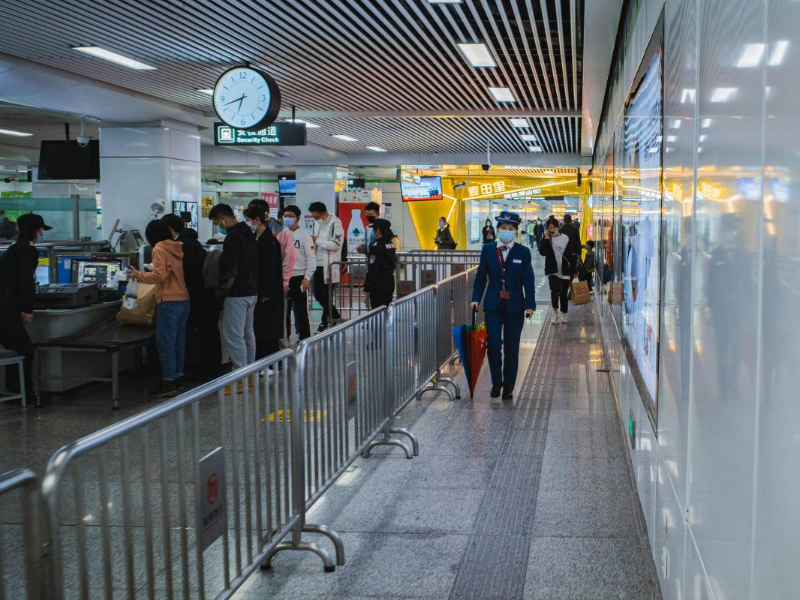
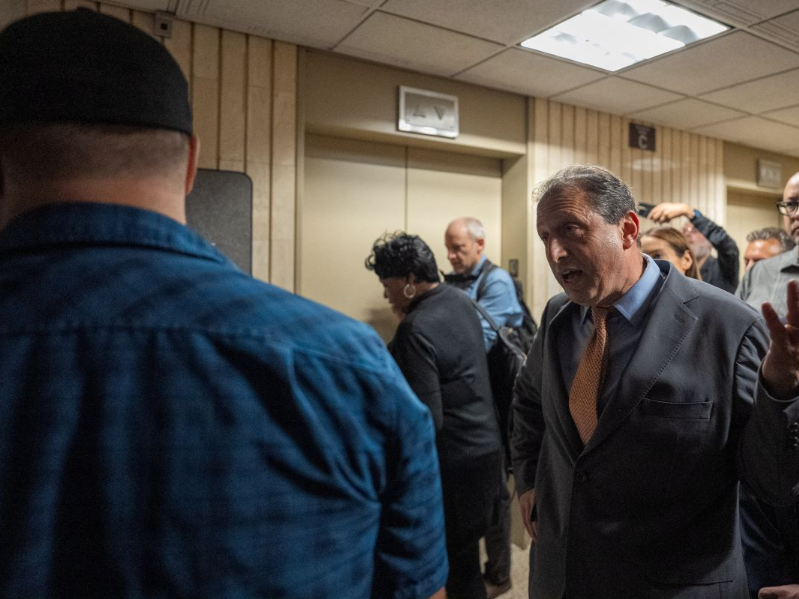

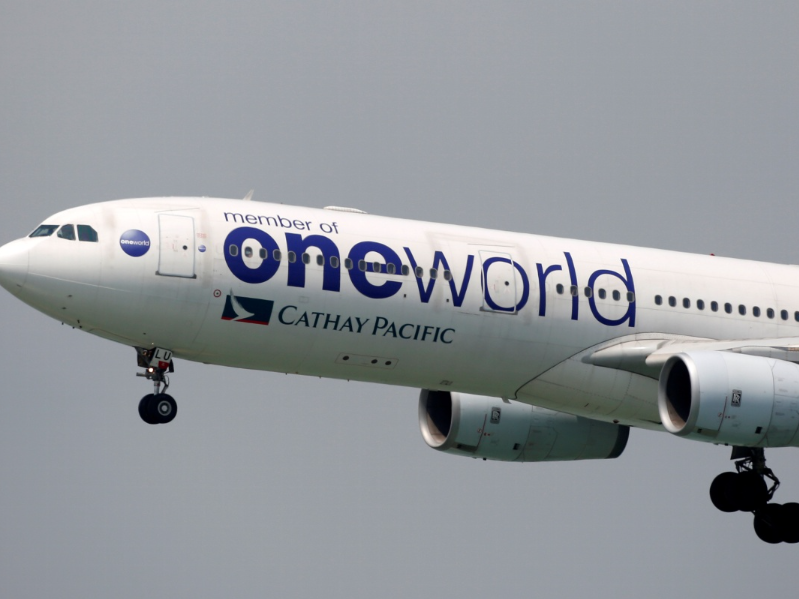
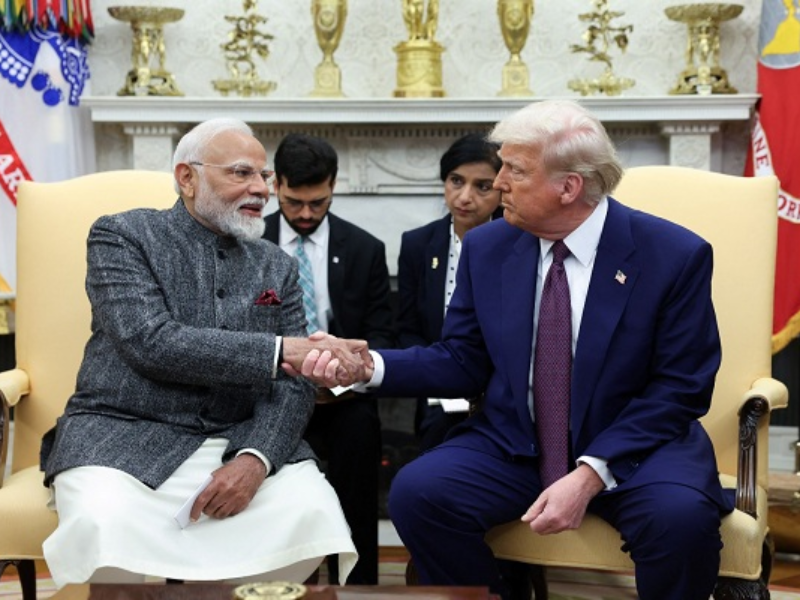
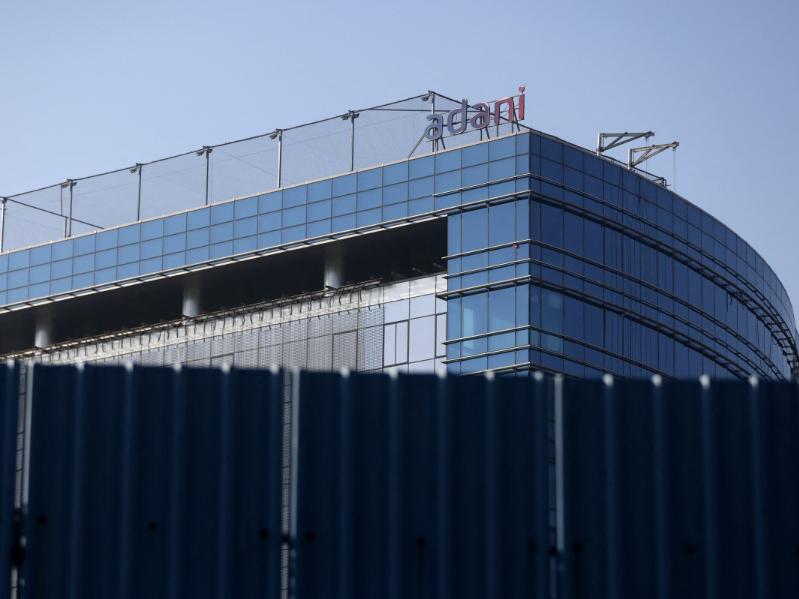







.jpg)

Comments
Start the conversation
Become a member of New India Abroad to start commenting.
Sign Up Now
Already have an account? Login